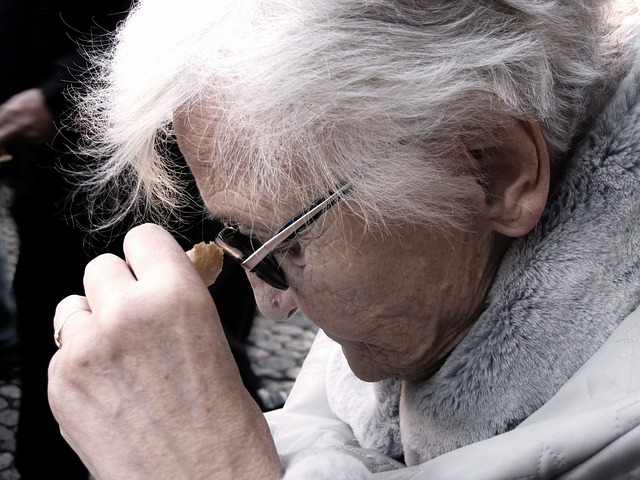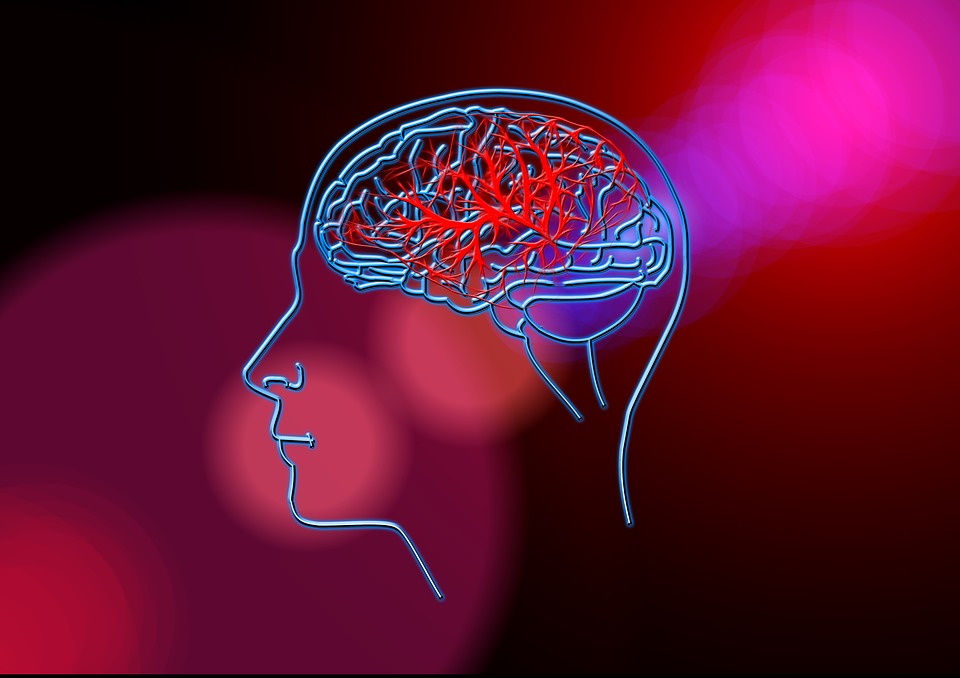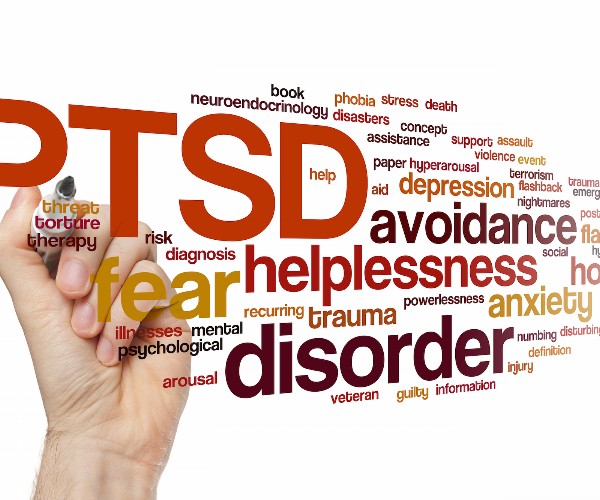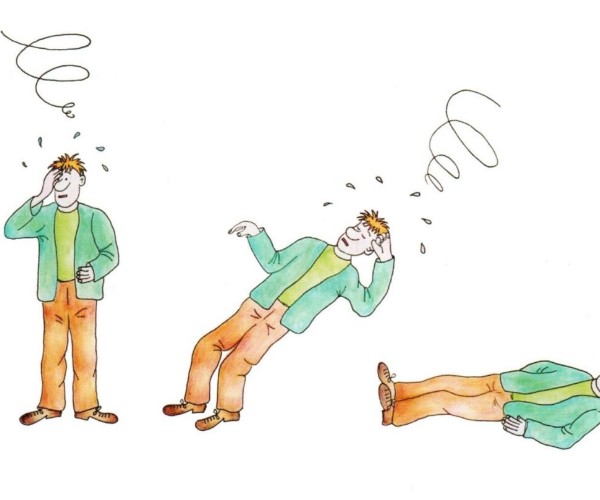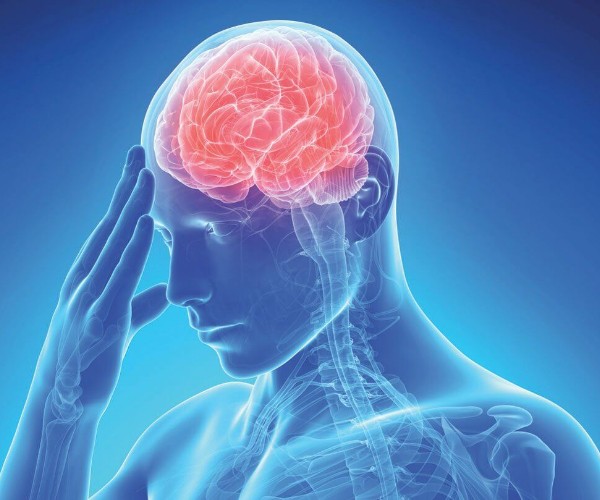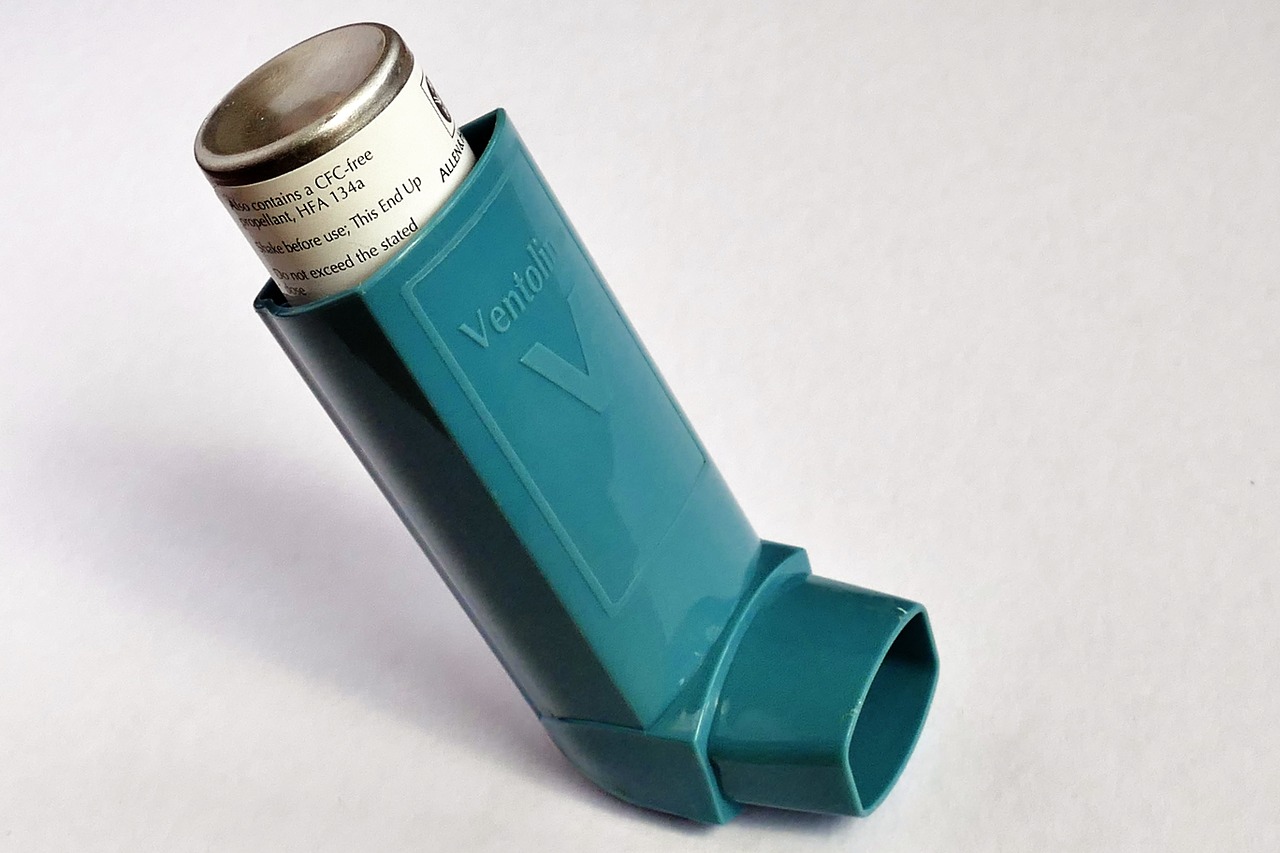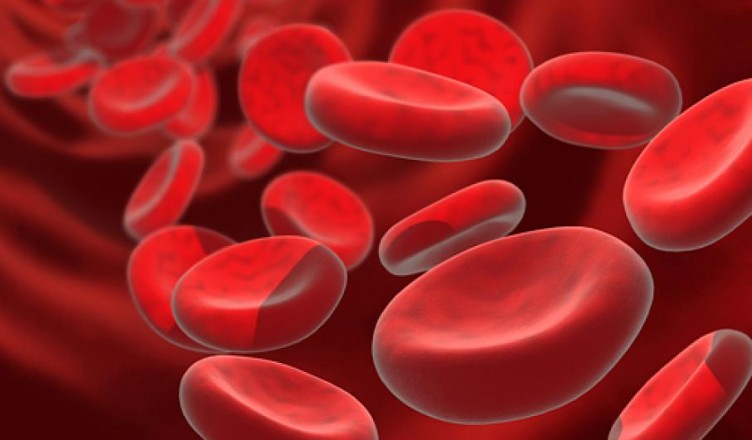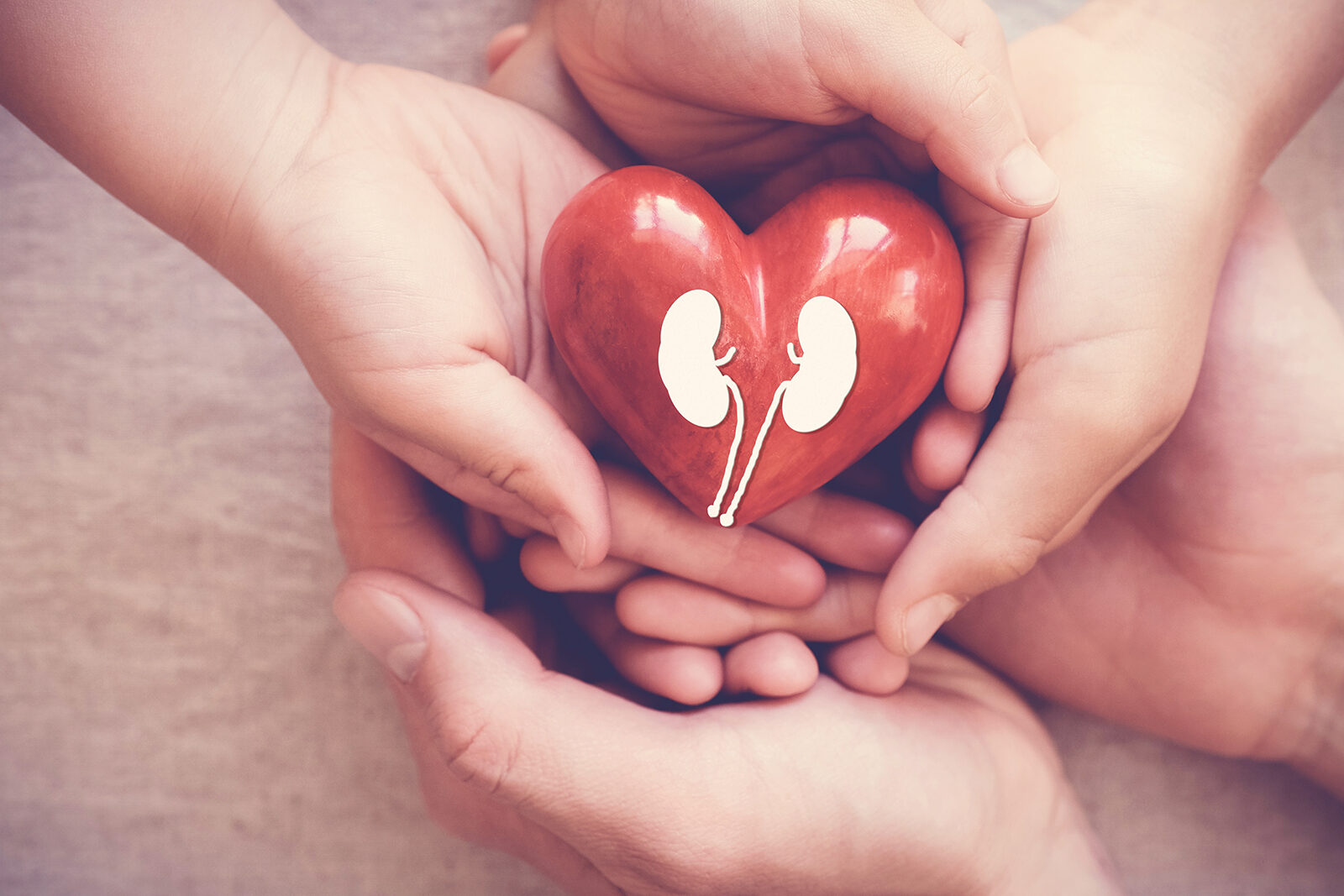In recent years, a particular form of severe and prolonged social withdrawal, called
hikikomori
, has attracted attention mainly because of its impact on society. Hikikomori is a term of Japanese origin meaning “toisolate oneself, to set oneself apart.” Although there is no real consensus on the diagnosis of this condition at present, hikikomori is defined as a condition of social withdrawal accompanied by a refusal to take on responsibilities in education, work and friendships.
This kind of behavior undoubtedly poses a threat to the labor market from people who, for no apparent reason, drop out of school or are unable to maintain employment. Initially described in Japan, in the last decade thehikikomori has attracted global attention, with cases described in North America, Europe and Asia. Epidemiological surveys have been carried out that have shown a prevalence of this disorder in the population between 1 and 2 percent.
Still little known in Italy and not reported in the latest edition of DSM V, thehikikomori exits in adolescents or young adults, usually male, and mostly occurs in the presence of difficulties in school or problems within the family or psychosocial stresses, with the end result that the subject is forced to spend most of his or her time in isolation in his or her bedroom.(Teo, 2010)
In some conditions this disorder is accompanied by mood depression or phobias, including selfisophobia, fear of getting dirty, or anthropophobia, fear of social counts. In other cases, no concomitant psychiatric conditions are present. (Teo AR, et al 2015; ; Kato T et Kanba 2017; Malagón-Amoret al, 2018)
In order to better assess this condition and estimate its frequency in different populations, partly due to the lack of objective criteria or laboratory investigations, the development of an appropriate questionnaire was considered. In a recent study on this topic, the following were evaluated. 399 subjects through a series of 25 questions concerning mainly socialization and isolation. Among the questions: I prefer to be away from other people; I spend most of my time at home; other people annoy me; I much prefer to be alone than with others; I spend most of my time alone; there are few people with whom to discuss important matters; I do not like social relationships.
According to the Authors of the article, belonging to the Department of Psychiatry, University of Oregon, Portland, USA: “The proposed questionnaire represents a potentially useful self-administration tool in the assessment of a relatively new mental health problem. As concern about social withdrawal increases, particularly in more economically developed parts of the Western and Eastern worlds, this scale offers an important new tool in order to better study and understand people at risk for hikikomori.”
Source
Teo AR et al. Development and validation of the 25-item Hikikomori Questionnaire (HQ-25). Psychiatry Clin Neurosci. 2018 Oct;72(10):780-788. doi: 10.1111/pcn.12691. Epub 2018 Jul 27.
Bibliography
Teo AR. A. Int. J. Soc. Psychiatry 2010; 56: 178-185.
Kato TA, et al. Soc. Psychiatry Psychiatr. Epidemiol. 2012; 47: 1061-1075.
Teo AR, et al. Psychiatry Res. 2015; 228: 182-183.
Kato T, Kanba S. Am. J. Psychiatry 2017; 174: 1051-1053.
Malagón-Amor Á1 et al. Psychiatry Res. 2018 Dec;270:1039-1046.






